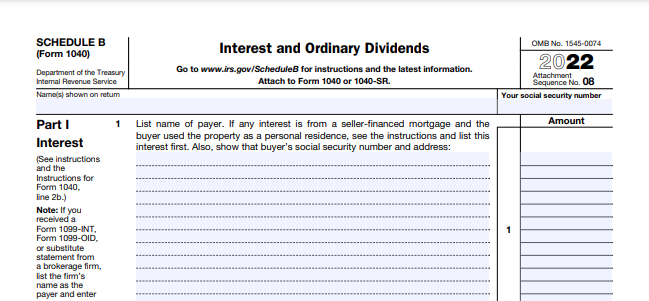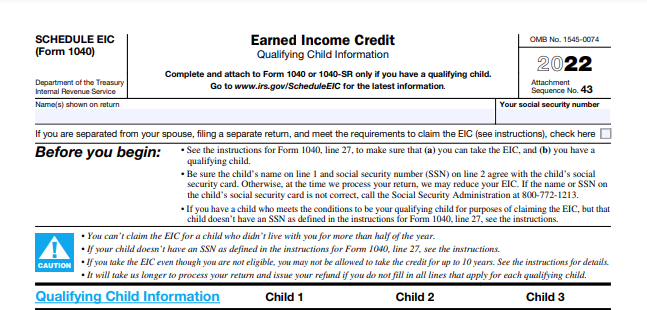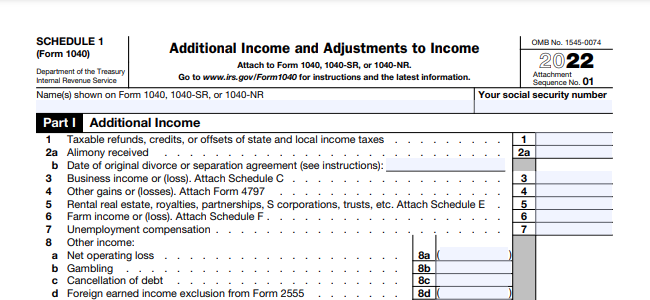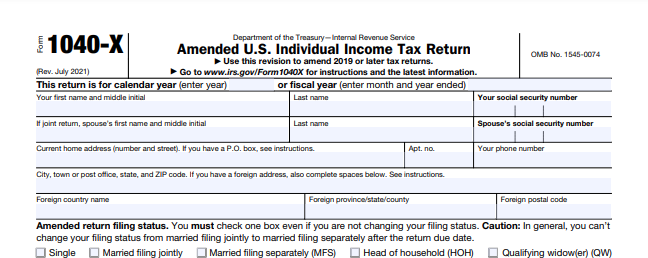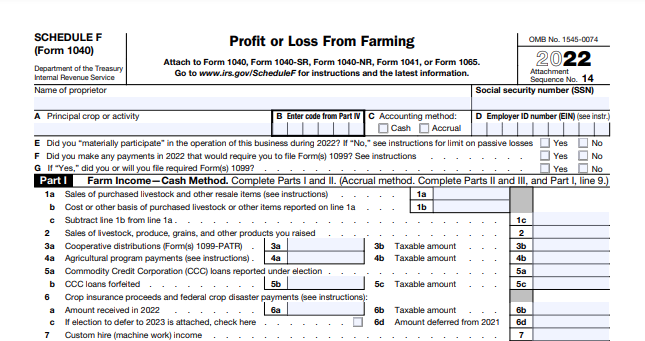Many taxpayers, including small businesses, aren’t quite certain how their income is taxed. Especially if they leave those questions up to their tax preparer or tax software to figure out.
Knowing the basics, like the different kinds of income there are and the various ways they are taxed, can be helpful in managing your finances.
In this short guide, we clue you in on how the tax system generally works and how you can benefit from that knowledge.
What is ordinary income and how is it taxed?
Whether you’re an individual or business entity, ordinary income includes sales revenues, wages, salaries, tips, bonuses, commissions, rents, royalties, short-term capital gains, interest income, and dividends.
They’re called ordinary because all of them are taxed at ordinary marginal tax rates, the percentage of tax applied to each additional dollar of income within a specific tax bracket, rather than applied to the whole income.
| 💰For example, if you're in the 22% tax bracket, each additional dollar you earn will be taxed at 22 cents until you reach the next bracket. In that case, only the portion of income earned above that threshold gets taxed at the higher rate, not your entire income. |
Here is the IRS marginal tax table that applies to self-employed individuals and non-corporate small businesses:

What is the self-employment tax and who has to pay it?
If you’re self-employed, you also have to pay an additional tax on your income for Social Security and Medicare, similar to the withholding taxes a wage earner pays as an employee of a company.
An employer pays half of those taxes and the employee the other half, but since you’re self-employed you have to pay both parts. Yeah, seems unfair, but that’s the law.
How is my self-employment tax calculated?
The tax rate for self-employed individuals is 15.3%. Of that amount 12.4% goes toward Social Security for old age, survivor and disability benefits, and 2.9% toward Medicare insurance for hospital and medical benefits.
For the tax year 2025, the maximum amount of earnings subject to Social Security tax is $176,100. Beyond that threshold, which is raised yearly to keep pace with the average wage, only the 2.9% Medicare tax is owed.
What is the capital gains tax and when does it apply?
The long-term capital gains tax is levied on profits earned from the sale of capital assets that have appreciated in value and are held for over a year. Anything held for less than a year is deemed short-term and generally taxed as ordinary income.
Examples of capital assets are real estate, furnishings, stocks and bonds held as investments, digital assets like cryptocurrencies and NFTs, jewelry, coin collections, art, and any assets purchased for personal use.
A capital gain is computed as the difference between the asset’s sale price and its acquisition price. Tax rates on capital gains (see chart below) are lower than taxes on ordinary income to encourage investment.
Long-Term Capital Gains Tax Rates for 2025
|
TAX RATE |
SINGLE |
MARRIED |
|
0% |
$0 - $48,350 |
$0 - $96,700 |
|
15% |
$48,350 - $533,400 |
$96,700 - $600,050 |
|
20% |
$533,400+ |
$600,050+ |
How do I report and pay these different taxes?
Here are the forms you’ll need:
Form 1040: Use this for reporting ordinary income as detailed above where taxes are calculated using the marginal tax rate table.
Form 1040 Schedule 2: This is used to report additional taxes owed, including the self-employment tax.
Form 1040 Schedule D: Capital gains and deductible capital losses are reported here, then transferred to line 13 of Form 1040.
The bottom line
As mentioned, knowing the different ways income can be taxed can help you decide how to manage your finances, like what to put aside to cover your tax liability, make investments that are taxed at lower rates, even choose a business or profession based on its tax ramifications.
If you have any questions about this article, or any other tax or accounting needs to discuss, we’re always happy to help. Just click the button below to set up a free consultation:



